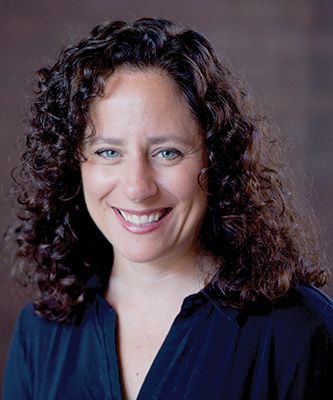Opting Out
By Elizabeth Babbin, Instructional Support Teacher, Lower Macungie Middle School in the East Penn School District
I am not alone, as an American parent, in seeking regular medical care for my children. In fact, I am confident that other parents would rightfully label me as negligent if I did not. Our pediatrician checks my sons’ growth annually to make sure they are on track. She screens their blood and urine for signs of deficiencies or illnesses, checks their blood pressure, pulse, and reflexes, and protects them from diseases that once routinely maimed and killed American children.
These visits are expensive, and require advance planning and time. Of course my boys don’t look forward to being poked and prodded. But despite the inconveniences, I can’t imagine abandoning these regular check-ups.
Why would I approach their academic well-being any differently? I want regular, objective information from their schools that tells me where they stand academically. If there are concerns, I want to know—and I expect that their teachers and schools would want this same information. And just as the health of our nation is stronger when all children receive regular health care, our educational well-being is also strengthened when the widest range of children and schools participate in structured standardized testing processes.
Consider these thoughts from Sir Ken Robinson, a frequent speaker on the arts and creativity in education, who is known for his criticism of our current standardized testing system:
If I go for a medical examination, I want some standardized tests. I do. I want to know what my cholesterol level is compared to everybody else's on a standard scale. I don't want to be told on some scale my doctor invented in the car.
“Your cholesterol is what I call Level Orange.”
“Really? Is that good?”
“We don't know."
Robinson goes on to advocate the sensible use of knowledge gained through standardized testing, while emphasizing that it should not be the sole driving force of our educational system.
I could not agree more. If we do not know where our children stand in their academic abilities, how can we nurture their development? Gathering information about our children’s status to help them thrive makes sense in medicine, and it makes sense in education. Opt-out advocates, many teachers’ unions, and some vocal parents disagree, and are working to disrupt or eliminate standardized testing. This strategy risks our ability to help our students, and has the potential to damage the public’s perception of educators.
When my younger son was 14 months old, our pediatrician found that he was not meeting speech milestones for his age. The further testing she recommended uncovered a partial hearing loss that we would never have otherwise discovered; now we can proactively anticipate his challenges and monitor him closely. Likewise, in school, combing through student data has revealed problems that were otherwise invisible: I find students who are behavior problems in lower track classes, but score surprisingly high on objective measures. And there are “good kids” with persistently high class grades and low test scores. Both groups deserve further attention.
I would seriously question our pediatrician’s judgment if she recommended we stop seeing her on a regular basis. If she felt that we should not bother with annual height and weight checks or finger pricks because they were time-consuming, unpleasant, or costly, I would start gathering recommendations for new pediatricians before I left her office. And as a teacher, I feel the same obligation to provide factual, timely, and relevant information. Educators who advocate simply dropping standardized testing, rather than collaborating to improve it, run the risk of losing their credibility with an already skeptical public.
The wide range of objectors among parents, teachers, and administrators make clear that there are opportunities to improve. We might benefit from adding some measures, removing others, communicating better within and outside educational organizations about the meaning of the results, or making any number of other modifications.
But we can’t just take our vitamins, stop seeing the doctor, and hope for the best. I agree wholeheartedly with Sir Ken Robinson that standardized testing should not be our sole focus—but we should not discard it, either. Just as medical researchers continue to investigate more effective screening tools for a myriad of illnesses, educators owe it to students and schools to work proactively and cooperatively to improve our measures. Parents, unions, and other objectors can strengthen the system by working to change it for the better, rather than just walking away by opting out or advocating the abolishment of standardized testing.
Our methods stand to gain the most when all concerned parties collaborate to improve them. Choosing to abandon a shared language and systematic process of measurement would be a change as catastrophic as ending routine medical care for our children in favor of going on a gut feeling about wellness. It would be outright negligence.
Posted on:


